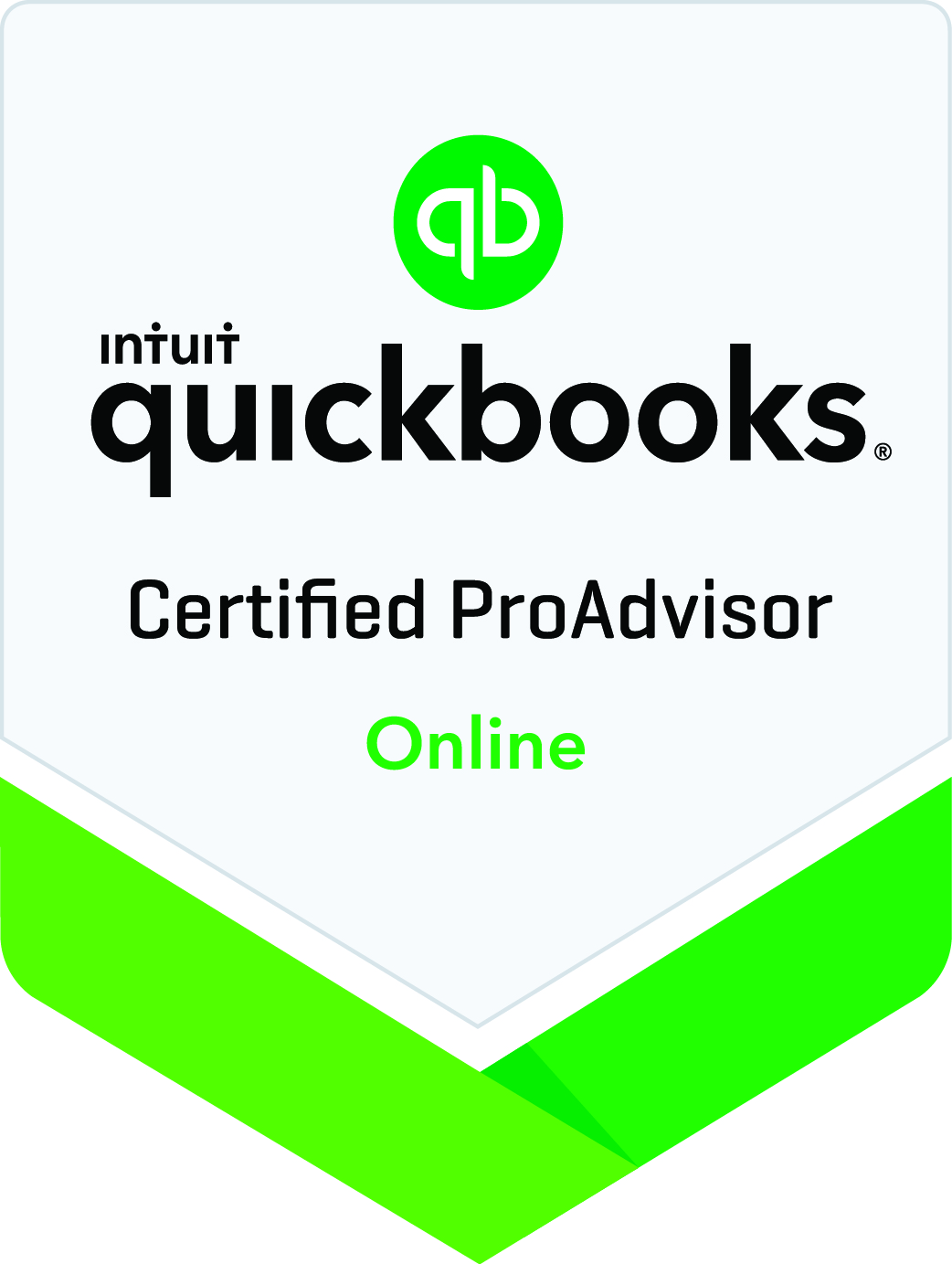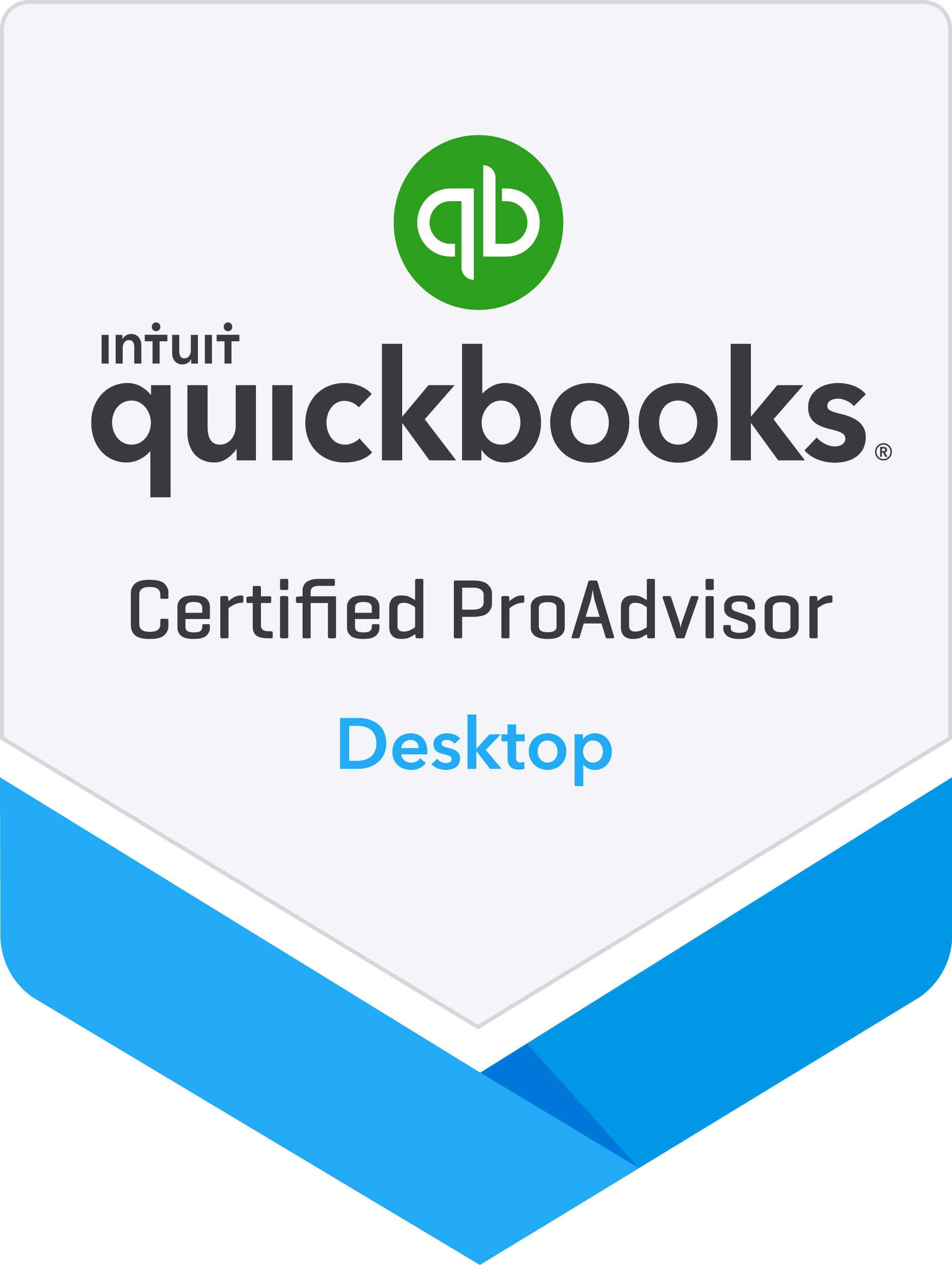Success Principles for Generational Business Transition
While some may be enjoying the last few weeks of summer, we know that most businesses don't take a vacation. As we work with many business owners, the conversation of transition comes up often. Ian R. Campbell, President of Business Transition Counsel Inc. is one of Canada's preeminent Business Valuation advisors, with over 45 years of experience advising some of Canada's wealthiest families on business valuation and transition matters. Ian published a great article recently on Generational Business Transition Success Keys. Read on below.
The creation and generational transition of a business legacy
The creation and subsequent, and in some cases ongoing, generational transition of family business legacy is possible for some business families. But for it to be successful even to one generation, and certainly in the case of multiple generations, generational business transition requires:
a strong long-term desire to succeed in that
an understanding of the metrics that make generational transition success more
a significant ongoing time commitment.
objective decision-making, not decision-making driven by emotion that wrongly prioritizes personal interests ahead of family business
ongoing long-term dedication to the process which as a practical matter results in a great deal of continuous hard work.
Business transition alternatives
There are two ways to transition ownership of a privately owned family company:
selling it to one or more arm's length
selling or transferring its ownership within a family pursuant to a generational business transition. Of course, successful generational and in particular multi-generational business transition may itself over time lead to:
sale of one or more family company divisions, business units or subsidiary companies to one or
more arm's length purchasers.
an offering of shares to the public in circumstances where your family retains control of it.
Business transition strategizing and planning immediacy
Irrespective of your age and the age of your management team it has never been more important for you, your business family and your advisors to work together on business strategy and transition planning, and from here on a continuous basis, now rather than later. This has become, and is further becoming, ever more time critical given ongoing:
globalization
changes in macro-economic and country-specific economic
central bank policies in the aftermath of the 2008 financial crisis and
very high and escalating government debt and likely increasing government intervention and
technology
escalating societal
business sector
volatile financial markets that appear to be increasingly dependent on, and responsive to, ongoing central bank low-interest rate and easy money policies.
Generational business transition success keys
This list of generational business transition success keys is based on over 45 years of experience observing, consulting to, and interacting with business families. That background has led to the following list of 19 success keys intended to help empower those business families who succeed best in generational business transition when travelling down that road with respect to:
their entire business
generational transition that includes the arm's length sale of one or more divisions, business units or subsidiaries of the family
Importantly, in my experience it is these same characteristics that also tend to lead to the most successful arm's length sales of family businesses.
Here is my list of success keys that empower business families to have a better chance to succeed in generational and multi-generational business transition that they likely otherwise will.
They understand their family business risks and returns, and until such time as they elect to sell their business prefer those risks and returns to financial market risks and returns.
They believe in the importance, value and urgency of developing, updating, and executing ever evolving systematic business and business transition strategies.
They have an ongoing sense of transition strategizing and planning immediacy.
They make a commitment to business transition that requires:
a significant ongoing time commitment.
a substantial annual monetary commitment.
a commitment to continually ensure objective thinking
ongoing dedication to the process.
They continually and objectively assess their business with respect to its long-term viability as a going concern in the context of ongoing globalization, economic, technological advances, and in the context of the increasing complexity brought about by these and those other factors mentioned above.
They work at all times to maintain a strong balance sheet.
They continually satisfy themselves that their business has the ongoing potential to grow in free cash flow and value at least as rapidly as growth in the number of family members who participate in the ownership of the family business.
They prioritize their family business ahead of individual family member financial self-interests.
They understand and practice the belief when it comes to commercial success of their family business that in the end logic trumps emotion, and they conduct themselves accordingly.
They recognize and deal with misaligned or legitimate mistrust or value system differences that arise among family members €“ often using independent directors and advisors as buffers or intermediaries.
They accept that concurrent planning for sale and generational transition is complimentary, and that planning for those two things should at all times be part of their overall business strategizing and All while they continually consider and plan around which transition method they think at any given point in time is in the long-term best interest of their business family.
They distinguish and keep separated ownership transition and management transition when strategizing and planning their business.
They delegate a senior employee to co-ordinate transition initiatives and, where deemed necessary, to work with a carefully selected business transition expert €œcoach €.
They understand the importance to successful business transition of business growth, growth in free cash flow, growth in business value, and diversification. This whether in the end transition is by arm's length sale, generational transition, or over time a combination of the two.
They continually work toward ever improved corporate governance practices €“ systematically moving over time from an entrepreneurial model to a quasi-public company or public company model.
As the business grows and matures they hire non-family executives to fill executive operating roles where it is thought that is a better strategy than hiring family members to fill those rolls.
They understand the importance of a well-drafted Shareholder Agreement, and in particular the importance of well-drafted dispute resolution, business valuation and matrimonial related clauses.
They ensure owners and directors of their business have a working knowledge of legal issues relevant to ownership and transition of their
They ensure owners and directors of their business have a working knowledge of valuation concepts relevant to ownership and transition of their business.
Reader comments on, suggestions on, enhancements to and disagreements with this commentary are welcomed. Please send same to info@businesstranstionsimplified.com
Written by:
Ian R. Campbell, FCPA, FCA, FCBV
President, Business Transition Counsel Inc.
(905) 274-0610
icampbell@ircpost.com
www.businesstransitionsimplified.com
You might find Ian's recent book 50 Hurdles: Business Transition Simplified (link book title to www.50Hurdles.com) and his free biweekly newsletter Business Transition & Valuation Review. (link newsletter title to https://goo.gl/s76gpm)



